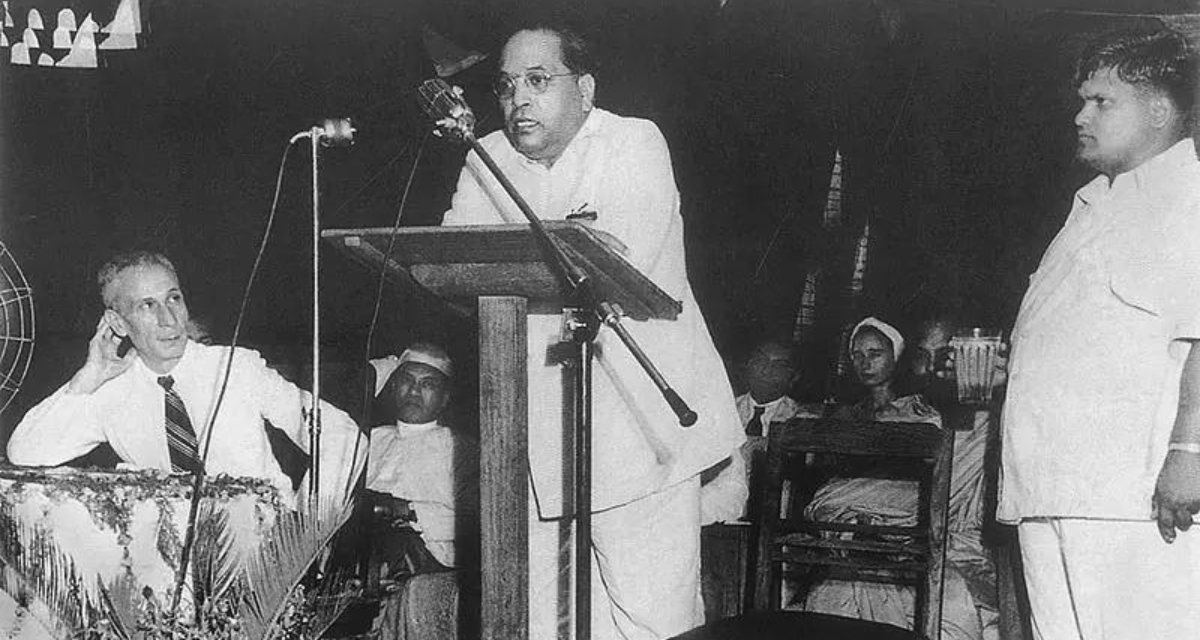Mahaparinirvan Diwas, observed on December 6th, marked as BR Ambedkar’s death anniversary, a visionary leader and the chief architect of the Indian Constitution. Fondly known as Babasaheb, his life and work continue to inspire generations, and on this solemn occasion, we pay tribute to his enduring legacy of equality, social justice, and empowerment.
1. Equality as a Governing Principle Dr. Ambedkar emphasized that “Equality may be a fiction but nonetheless one must accept it as a governing principle.” He believed in the fundamental importance of equality, regardless of one’s caste, creed, or background.
2. Law and Order for a Healthy Society He viewed “Law and order as the medicine of the body politic.” When society faced challenges, he advocated for the application of just laws to ensure its well-being.
3. Unity as Indians First Dr. Ambedkar’s vision extended to a united India, where he stated, “I want all people to be Indians first, Indian last and nothing else but Indians.” He aimed to eradicate divisive factors and promote a sense of national unity.
4. Propagation of Ideas His belief that “an idea needs propagation as much as a plant needs watering” underscores the importance of spreading progressive ideas to bring about positive change in society.
5. Caste as a State of Mind Dr. Ambedkar challenged the notion of caste, stating that “Caste is not a physical object like a wall of bricks or a line of barbed wire; it is a notion; it is a state of the mind.” He dedicated his life to dismantling this mental barrier.
6. Serving Society He defined greatness by the willingness to “be the servant of society.” His commitment to social reform and the upliftment of marginalized communities exemplifies this dedication.
7. Women’s Progress as a Measure Dr. Ambedkar recognized that the progress of a community can be measured by “the degree of progress which women have achieved.” He championed gender equality and women’s empowerment.
8. Cultivation of Mind For him, “Cultivation of mind should be the ultimate aim of human existence.” Education and knowledge were key to personal and societal growth.
9. Defending the Constitution Dr. Ambedkar was resolute in his commitment to the Indian Constitution, vowing, “If I find the constitution being misused, I shall be the first to burn it.” He believed in upholding its principles.
10. Balancing Ethics and Economics His observation that “where ethics and economics come in conflict, victory is always with economics” highlights the need to strike a balance between ethical values and economic interests.
As we reflect on their life and teachings on Dr. BR Ambedkar’s death anniversary, let us draw inspiration from his profound wisdom and continue working towards a more just, equal, and inclusive society. Mahaparinirvan Diwas serves as a reminder of his invaluable contributions to India’s social and political landscape, and his legacy continues to guide us toward a brighter future.

